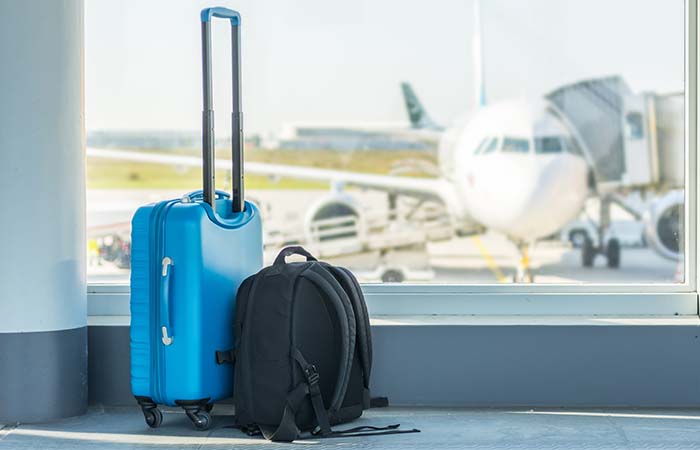GPhC proposes fast-tracked workforce entry for overseas pharmacists
In Profession
Follow this topic
Bookmark
Record learning outcomes
Qualified pharmacists from Australia, New Zealand and Ireland may be able to register in the UK in a three-month period as the GPhC explores options for fast-tracking entry to the workforce.
The regulator has proposed a new framework for registering international pharmacists in order to “help people join the workforce more quickly,” with “several hundred” people currently on the waiting list to undertake training.
At present, pharmacists from countries outside the European Economic Area (EEA), who at roughly 3,000 individuals make up around five per cent of the total UK workforce, are required to complete the year-long Overseas Pharmacists’ Assessment Programme (OSPAP) followed by a year of foundation training.
Under the new proposals, there would be three distinct entry routes depending on a pharmacist’s country of origin. With Route 1, pharmacists from an English-speaking country with “very similar” undergraduate training programmes – Australia, New Zealand and Ireland are the three singled out by the GPhC – would only be required to complete three to four months of supervised practice in a GB pharmacy followed by a practical assessment “based on entrustable professional activities”.
Route 2 would apply to pharmacists from the EFTA countries Liechtenstein, Norway, Switzerland and Iceland, where training is “broadly similar but sometimes with a science bias”. These pharmacists would be dealt with on a case by case basis with the expectation that their “adaptation period” would be longer than for Route 1 pharmacists.
Route 3 would apply to pharmacists from countries where initial training is “dissimilar” to the British model, such as India, Pakistan and Nigeria, which collectively have accounted for 65 per cent of all OSPAP applications since 2021 (1,066 out of 1,644).
Three routes – one for countries where training is “very similar” to Britain and delivered in English – for the moment, identified countries are Australia, New Zealand and Ireland.
Route two would be for Switzerland and the EFTA countries Liechtenstein, Norway, Switzerland and Iceland – pharmacists from these countries would follow a longer “adaptation period” than route 1 – “with a larger set of addressed entrustable professional activities”.
Candidates from these countries would be required to complete a one-year period of education and training rather than two years, with the “key change” being an integration of academic work and practice so that “knowledge is used more effectively”.
The regulator said it has put together a working group made up of statutory education bodies, OSPAP providers and employers to evaluate the proposals, with a public consultation to follow at some point in the future.
The GPhC said its aim is to allow internationally trained pharmacists to enter the UK workforce “as soon as possible” while ensuring they have demonstrated the necessary standard and can complete any additional training needed to work in the UK.
It said that while the present requirements have “the benefit of simplicity,” taking a “more nuanced approach” with the new proposals would help people join the workforce more quickly and would prevent unnecessary “duplication of learning” for those who have qualified in another country.

